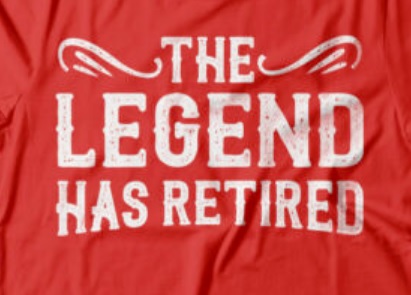
There is an audio recording of personal finance expert Dave Ramsey talking about a study that he had read. This was a large study of retirees that had become wealthy and the researchers looked into the most important element that made that happen. Some of the usual suspects for building wealth for retirement are: a high rate of return on investments; low fees and costs on investments; or choosing a specific type of investment, such as stocks or real estate. None of these mattered as much as the #1 predictor of retiring wealthy.
This very important element is: how much money you add to investments each year. Obvious, of course, but most people skip right past this concept. Instead, the average investor focuses upon growing their money with unrealistic returns and beating up their financial advisers to lower their costs and fees. Or they think they will add money later, in a few years when it is easier but rarely actually do so. Meanwhile, sitting there, clear-as-day, is the simple practice of adding more money.
This exact lesson was repeatedly driven into me by my father as he built up his net worth:
- “Your return is a meaningless amount of money until you reach over $100,000 in your account, so focus on adding money and not fantasy returns,”
- “Everybody gambles and loses on risky stocks and exotic mutual funds while the tortoise passes by ALL of them. I see this happen over and over with speculators for capital gains falling behind the simple income investors,”
- “Just use prudent investments earning a stable 4-6% return and you’ll do great; passing by the stock index investors after a couple big market downturns,”
- “There is always an investing bubble-of-the-day and nearly all bubbles collapse. Just keep adding money and seek a reasonable return. Then, after the collapse, you’ll be well ahead of any average investor,”
- “Compound interest isn’t anything of note until you’re 20 years in, so you have to build up a meaningful balance well before then. Speed matters – and the fastest way to do that is adding new money,”
- “Stop looking for the quick buck and pile it up in a few solid stocks that grow their dividends, or even a stock index fund,”
- “Don’t even think of putting money into an individual stock until you have over $50,000 to $100,000. Just put your money into a safe very-short term bond fund and keep adding,”
- “The most important thing for wealth accumulation is to keep putting in money. Otherwise, you have nothing to compound over the years,”
- “Wealth is not a dollar amount, it is your perspective about how you view money and manage it. $100 can be spent on a concert ticket – or – it could kick off a new investment and habit to build an early retirement.”
This critical lesson of “keep adding money” was highlighted when a former neighbor gave me a recent update. He had retired 5 years ago but was recently forced to get a part-time job at a library because money was too tight. He says, “We had saved very little for retirement and unexpected expenses were killing us.” Since he had earned a very-good salary, his lack of retirement savings was not due to a lack of income or some hardship; it was because of his spending priorities. (This is common: 68% of Americans age 55-65 have less than one year’s salary in a retirement account). It is my best advice that you make it your priority to continually add new money to your investments.
